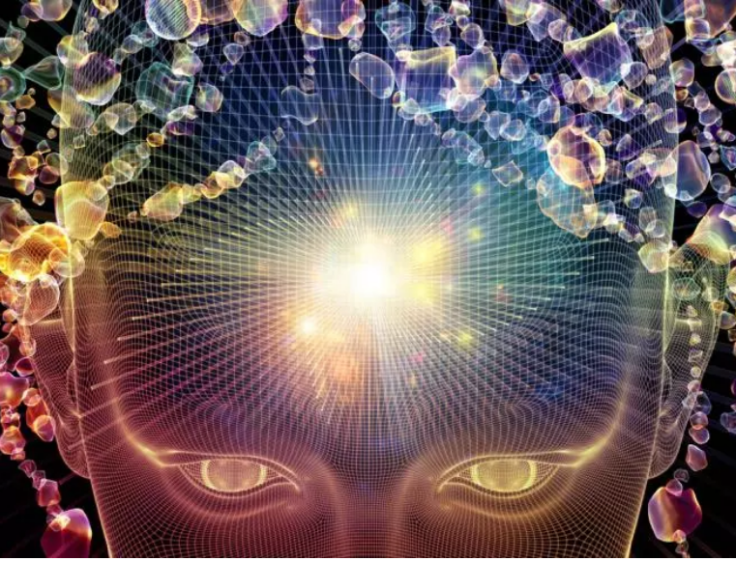Psychedelic Drug Found In 'Magic Mushrooms' May Alleviate Depression: Study
KEY POINTS
- The psychedelic chemical found in "magic mushrooms" is psilocybin
- After three weeks, 37% of high-dose recipients had substantial improvement
- There are over 180 studies involving use of psychedelics in mental health treatment
The chemical compound in psychedelic mushrooms was found to ease depression in hard-to-treat patients with a single dose, a new study revealed.
The study, published Wednesday in the New England Journal of Medicine, joins a clamor of similar findings in smaller studies. For context, there are more than 180 studies involving psychedelics for medical use in depression, PTSD and other mental health conditions, available on the National Library of Medicine website.
The study found that the effects of psilocybin, a chemical compound in psychedelic mushrooms, were modest and wore off over time. Yet, the results were obtained with a single dose and showed improvement in treatment-resistant depression.
Researchers tested the hallucinogen in 233 adults in the U.S., Europe, and Canada. The pills were available in three doses: 25 mg, 10 mg, and 1 mg. Also present were two mental health specialists to guide the subjects during a 6-to-8-hour session through hallucinatory experiences.
The results found that depression symptoms decreased in all three groups, with the most improvement observed in the highest-dose group initially. However, the effects waned over weeks.
After three weeks, 37% of high-dose recipients had substantial improvement. Furthermore, 20% in the high-dose group still saw substantial improvement after three months.
The study, which is adding to the reignited interest in the possible medical uses of hallucinogens, was funded by Compass Pathways, a London-based firm developing psilocybin for commercial use.
"The findings are both intriguing and sobering," Bertha Madras, a psychobiology professor from Harvard Medical School, who was not involved in the study, said, reported ABC News.
According to Madras, this study was, thus far, the most rigorous of its kind in determining the role of psilocybin in treating depression.
While some may find the study's results encouraging, it is also important to note the side effects of psychedelic mushrooms.
The drug caused symptoms like headaches and nausea, among other side effects, in all three study groups. Serious side effects like suicidal thoughts and self-injury, though uncommon, were mostly restricted to participants with a history of suicidal thoughts.
The side effects are not surprising, Dr. David Hellerstein, a co-author and Columbia University research psychiatrist, said, due to the intensity of the psychedelic experience from the drug.
"This is not a home run, but it's very encouraging," Hellerstein said, emphasizing that the improvement was observed after just one dose.
The compound in question, psilocybin is still classified as a controlled substance with no accepted medical use in the U.S. However, several cities have already legalized magic mushrooms, with Oregon being the first state to approve its medical use.

© Copyright IBTimes 2025. All rights reserved.





















